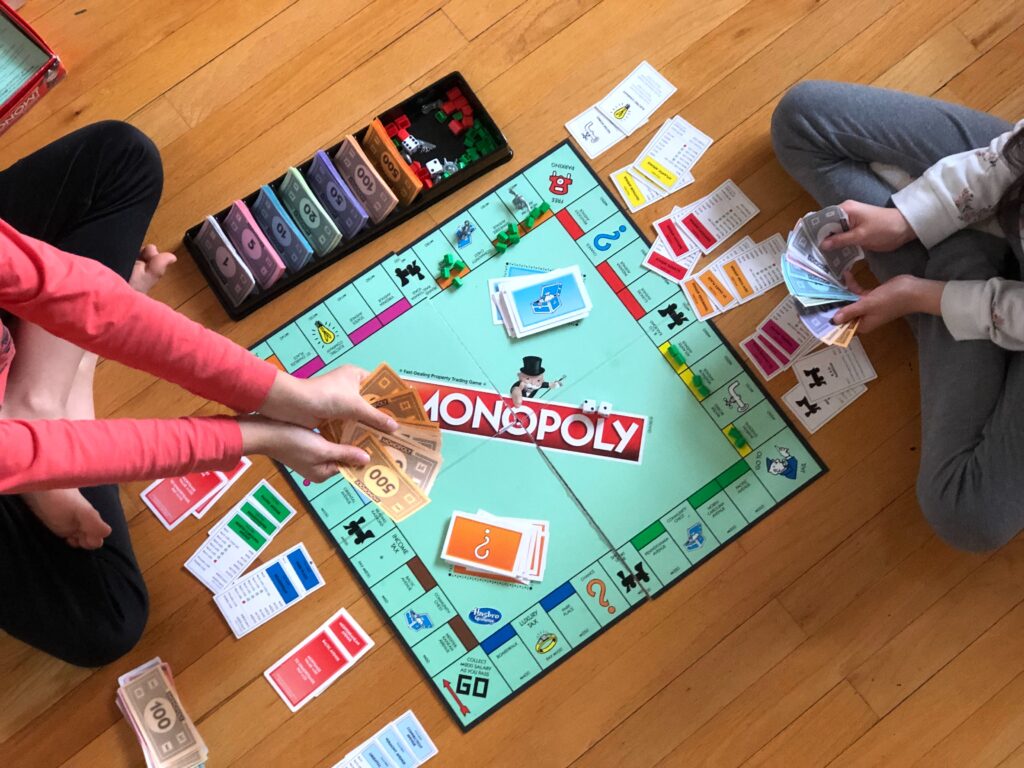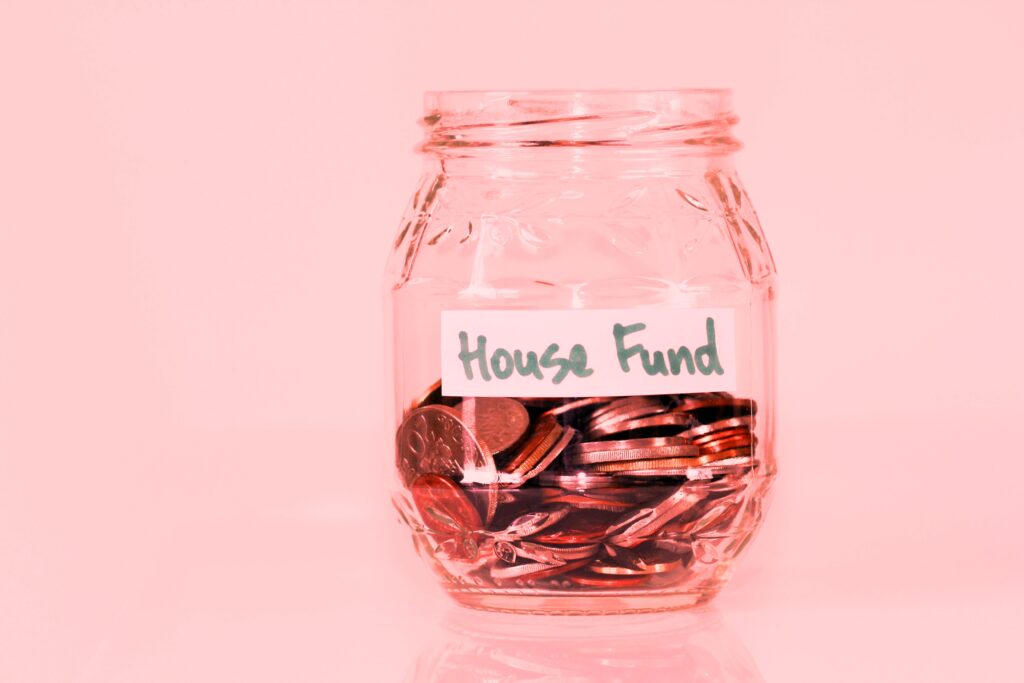Financial abuse can happen to anyone. If you can answer ‘yes’ to one or more of the following questions, you may be experiencing economic abuse.

Has your current or former partner ever:
- stopped you from having the money you needed to buy food, clothes or other essentials, or to pay the bills?
- dictated how you must spend money?
- insisted you give them receipts or change from any purchases?
- hidden money so you couldn’t find it?
- kept important financial information from you?
- made you ask for money when you needed it?
- stopped you from having a job or going to work, or made it difficult for you to do so?
- forced you to get a credit card or loan?
- made you buy something on credit when you didn’t want to?

- taken out a credit card or loan in your name?
- bought something on your credit card without your knowledge or consent?
- made you buy things for them or pay their bills when you didn’t want to?
- spent their money however they wanted while your money was used for essentials?
- stolen things from you?

- put bills in your name so you had to pay them?
- built up debt in your name?
- forced you to give them savings or wages?
- stopped you from having or accessing a bank account?
- made you sign papers without telling you what they were for?
- broken or destroyed your possessions?
The Domestic Abuse Report 2019; The economics of Abuse. Found that:-
- Nearly a third (31.9%) of respondents said their access to money during the relationship was controlled by the perpetrator
- A quarter of respondents said that their partner did not let them have money for essentials during the relationship
- A third of respondents had to give up their home as a result of the abuse or leaving the relationship and nine found themselves homeless as a result of leaving
- 43.1% of respondents told us they were in debt as a result of the abuse and over a quarter regularly lost sleep through worrying about debt
- 56.1% of our sample who had left a relationship with an abuser felt that the abuse had impacted their ability to work and over two fifths of all respondents felt the abuse had negatively impacted their long-term employment prospects/earnings.

Women’s McKenzie Friend understands that Financial and Economic Abuse does not happen in isolation. It is a component of COERCIVE CONTROL and serves to undermine and trap women and their children further within abusive relationships. If you would like support with Financial Proceedings within Divorce then please contact us to assist you to navigate the family court process.